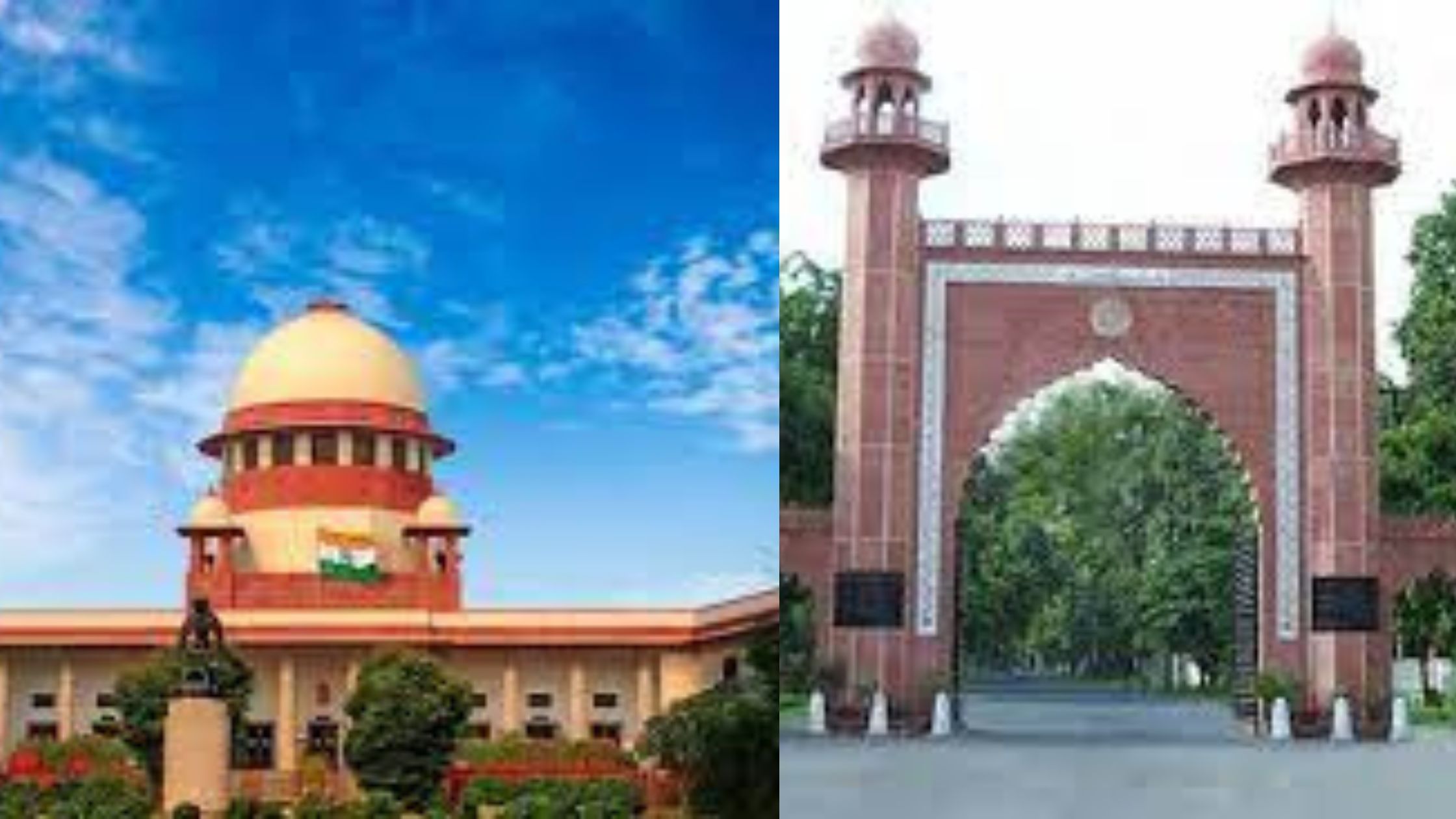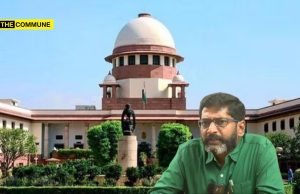
In a landmark ruling on Aligarh Muslim University (AMU)‘s minority status, a 7-judge bench of the Supreme Court, by a 4:3 majority, has overturned a longstanding precedent set in the 1967 S Azeez Basha vs. Union of India case. The 1967 decision held that institutions established by statute, such as AMU, could not claim minority status under Article 30 of the Constitution. However, the current majority judgement has revised this understanding, stating that an institution does not lose its minority status merely because it was established through legislation.
The majority opinion, led by Chief Justice DY Chandrachud on his last working day, concluded that the Court must delve into who founded the university and identify if a minority community was “the brain behind it.”
If so, the institution could qualify for minority status, a matter now remanded to a regular bench for a factual determination.
“The view taken in Azeez Basha that an educational institution is not established by a minority if it derives its legal character through a statute is overruled,” stated the majority opinion.
The bench’s decision arose from a long-standing dispute, initially stemming from the 2006 Allahabad High Court judgement that held AMU was not a minority institution, denying it the right to reserve seats for Muslim students. The majority’s decision also establishes that the relevant test under Article 30 should focus on the “establishment” of the institution, not its administration. “Formalism must give way to actuality,” the majority observed, emphasizing that the real origins of the institution should determine its minority status, regardless of statutory formalities.
This new interpretation significantly shifts the understanding of Article 30, which grants minority communities the right to establish and administer their own educational institutions. Justice JB Pardiwala, one of the majority judges, commented on the importance of this change: “An educational institution is a minority institution if it was ‘established’ by a linguistic or religious minority. It is not necessary to prove that the administration must vest with the minority.”
The ruling was met with a notable dissent from Justices Surya Kant, Dipankar Datta, and SC Sharma. Justice Surya Kant argued that minority institutions should require both “establishment and administration” by the minority community to qualify under Article 30. Justice Datta categorically declared that AMU is not a minority institution, while Justice SC Sharma stressed that minority institutions must retain administrative control by the minority without external influence. According to Justice Sharma, “To claim establishment, they have to bring it to existence; they should play a full role to the exclusion of others.”
The case has spanned several decades, with multiple references to larger benches for interpretation. Following the Azeez Basha judgement, the question was briefly reconsidered in 1981 and later in 2019. However, the Court only reached a decisive outcome in the present case, concluding that Azeez Basha’s strict interpretation limited the spirit of Article 30.
Senior Advocates Dr. Rajeev Dhavan, Kapil Sibal, Salman Khurshid, and Shadan Farasat represented AMU and the AMU Old Boys’ Association. Attorney General R Venkataramani and Solicitor General Tushar Mehta, among other senior advocates, represented the Union of India.
With the majority judgement now remanding the factual aspects of the case to a regular bench, the final determination of AMU’s minority status remains pending. However, this ruling represents a pivotal shift in constitutional law, broadening the scope for minority communities to establish institutions without losing their distinct status due to statutory incorporation.
(With inputs from LiveLaw)
Subscribe to our channels on Telegram, WhatsApp, and Instagram and get the best stories of the day delivered to you personally.




